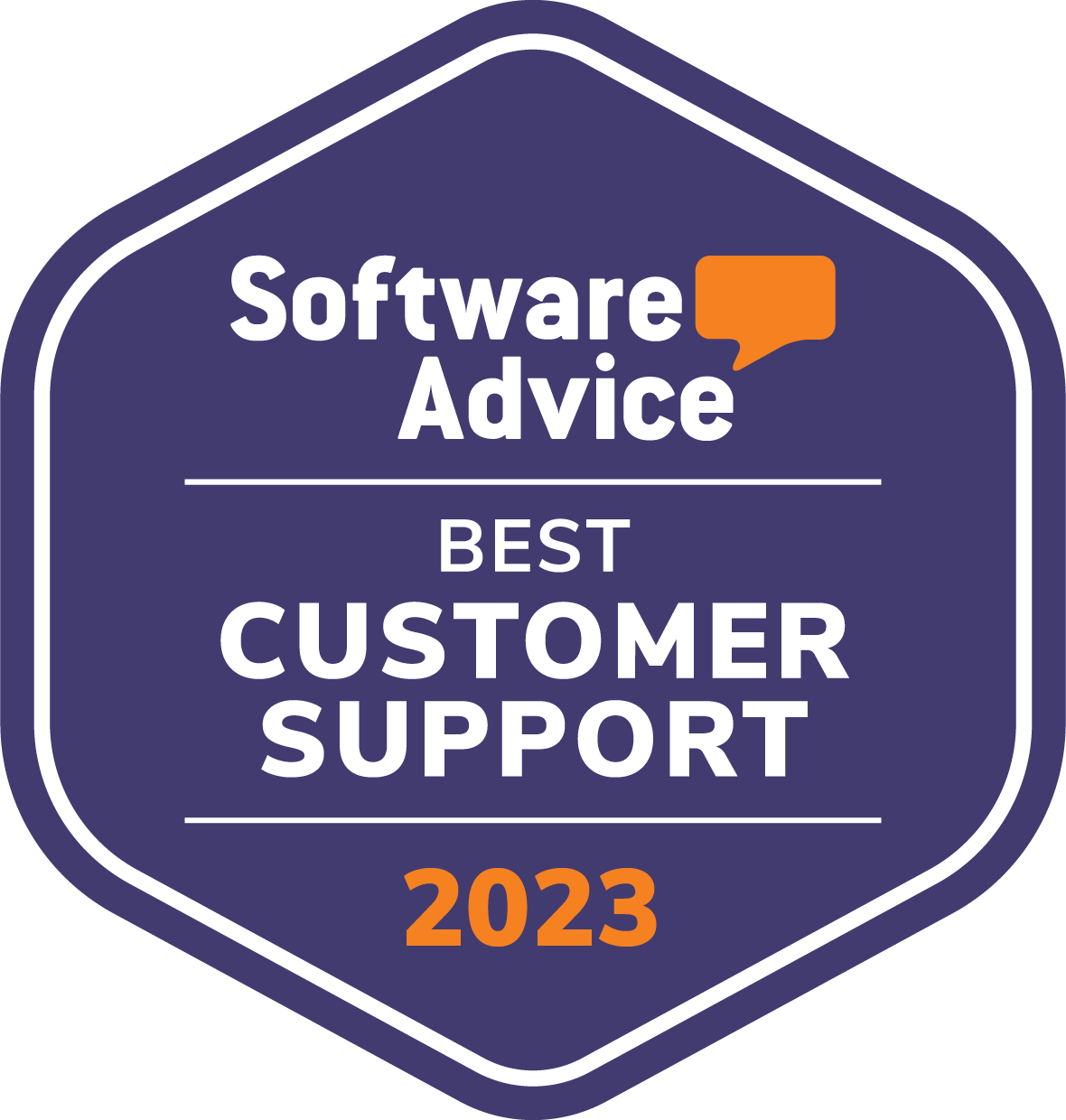A couple months ago, we covered the basics of Industry 4.0, including how a Manufacturing Execution System (MES) is a logical place to start your journey. In this article, we’ll take a unique look at how to best implement digital transformation within a company.
Remember pre-pandemic days when people went to the gym to get healthy? Now, imagine those days have returned, completely safe for everyone. But something’s different…
Not only can you work out, but immediately after you pay your gym membership fees — as soon as you have that shiny new membership card in hand — you have washboard abs, you drop weight, and you feel like a million bucks.
Unfortunately, it doesn’t work that way. A gym membership only delivers results when you show discipline, exercise often, and use it consistently and effectively to reach your fitness goals.
In a similar way, some companies are approaching digital transformation as if they just joined the magic gym. They expect to be performing in tip-top shape instantly after purchasing some new technology.
More Than Impressive Hardware
Here’s a quick question for you: considering the manufacturing landscape in general, are most manufacturing operations more comfortable with hardware or software?
Hardware, right? There’s just a natural connection there. So, it’s no surprise that when it comes to investing in manufacturing operations, hardware-based solutions often top the priority list.
When it comes to digital transformation, some manufacturers, especially those without a clear strategy, resort to purchasing a solution that feels like progress but doesn’t address the larger issues. Here’s why.
The momentum for the Industry 4.0 digital transformation movement is huge! You can’t escape the nearly daily updates, and manufacturing companies are afraid of being left behind. Many feel they must do “something,” but they’re unsure what that is exactly.
Unfortunately, the path of least resistance is often to default to purchasing sophisticated hardware-based solutions. Yes, the latest electric fastening system or pair of Google Glass smart glasses are useful (and really cool). But, in the absence of a comprehensive plan, they’re destined to become shining examples of technology doomed to have little, if any, impact on the performance of the overall manufacturing process.
Digital Transformation In Industry 4.0
Let’s look a little deeper. This pattern of behavior may illustrate a far larger, and more systemic, challenge that we’ll tackle by answering two questions.
1. Do manufacturers really understand what actions to take to improve their manufacturing performance?
Most manufacturing operations struggle to identify what investments they should make to achieve measurable improvement. Plus, they often don’t possess the muscle within their operation to leverage technology to pursue sustained continuous improvement in a credible way.
So, companies may have a sincere desire to “go digital” and implement positive change, but they fall victim to a predictable cycle:
- They invest in interesting technology that comes with many lofty expectations
- They deploy it but don’t study if their plan to leverage it creates a reasonable expectation of improvement
- They watch this technology get absorbed into the manufacturing machine with no impact to overall performance
At some point down the road, when operational improvements are not realized and the decision is again made that “something” must be done, the pattern is repeated.
2. On its own, can technology improve manufacturing performance?
OK, back to our gym membership analogy from earlier. Your desire to get healthier, on its own, isn’t enough to motivate you to attend the gym regularly, so you purchase a high-end pair of cross-trainers. With this investment, you “have” to go work out, don’t you?
Similarly, manufacturers purchase the latest “shiny object” (and its promise of improvement) for the plant floor. But, just like your new shoes, the expectation for sustained improvement should be low if that’s the full extent of the investment.
The process of digital transformation is less about purchasing technology and more about developing the operational discipline to use it effectively. It’s always easier to write a check than to establish a detailed, credible plan to leverage technology and take the action required to achieve sustainable, continuous improvement.
When you think about the gym analogy, maybe proper digital transformation is really closer to buying a gym membership and hiring a lifestyle coach at the same time, with the coach nurturing the discipline to effectively use the technology.
A hardware-focused approach ignores the need for cultural change. For digital transformation to be truly transformative, shifting how the entire organization approaches and uses technology is vital. Deploying the right MES solution under the guidance of a dedicated MES lifestyle coach will not only ensure you realize the value of your existing technology but also provide the cultural shift necessary to drive real digital transformation in the era of Industry 4.0.
Our guide covers five common pain points of ineffective manufacturing and shows how an MES could be a single solution that solves all of them. Get your copy of A Smoother Road to Manufacturing Success by clicking on the image below.
In the context of Industry 4.0, understanding the role of digital transformation is crucial. It goes beyond simply implementing advanced technologies; it’s about fostering a culture that embraces continuous improvement and operational discipline. This approach ensures that the benefits of digital transformation are fully realized and sustained.
Manufacturers must recognize that Industry 4.0 is not just about adopting new tools but about leveraging these tools to create a more efficient, responsive, and resilient manufacturing process. By focusing on strategic implementation and ongoing improvement, manufacturers can avoid the pitfalls of merely chasing the latest tech trends and instead achieve meaningful, long-term advancements in their operations.
















